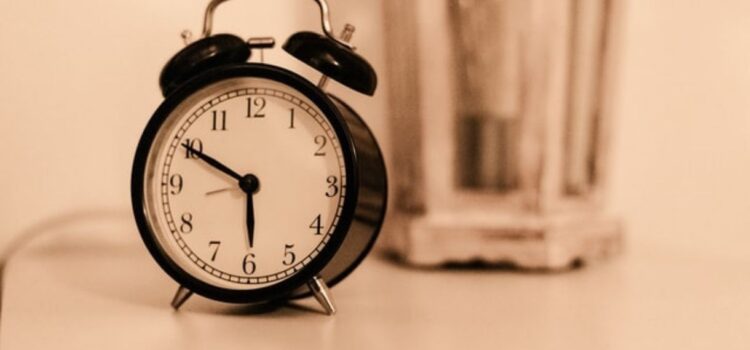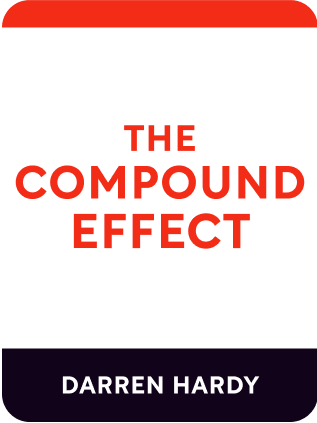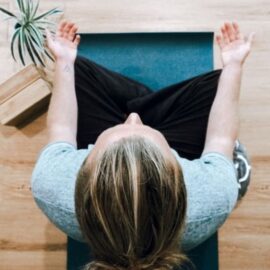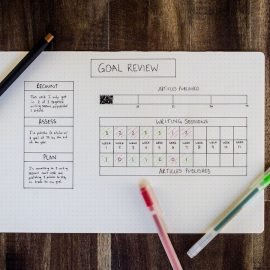

This article is an excerpt from the Shortform book guide to "The Compound Effect" by Darren Hardy. Shortform has the world's best summaries and analyses of books you should be reading.
Like this article? Sign up for a free trial here .
What is the importance of routine? How does having a regular, predictable routine contribute to your success and long-term well-being?
According to Darren Hardy, the author of The Compound Effect, the importance of routine cannot be underestimated. Having a predictable daily routine keeps you grounded and slowly but surely moves you closer to your goals.
Read more about Hardy’s take on the importance of routine.
The Importance of Routine for Success and Wellbeing
When you have set a goal and created good new habits to support that goal, you must have daily, weekly, and monthly routines in place to reinforce your positive new direction. The importance of a routine increases with the goal. The greater your challenge, the more stringent your routine should be.
Think of new military recruits heading to boot camp. As soldiers, these recruits will have to be able to carry out their duties efficiently and reliably even under intense pressure and imminent danger. Because of this, boot camp instills rigorous routines for even minor tasks, such as standing at attention, making the bed, and shining shoes. In only 8-12 weeks, basic training turns young kids into confident soldiers through the power of routine.
The Most Important Time for Routines
Your day is likely unpredictable; it’s hard to control all the events coming at you, so it’s hard to implement routines. But how your day starts and ends is in your control, and setting routines for these times can help you implement healthy, positive behaviors and gain momentum.
Hardy’s personal morning routine starts at 5 a.m. when his alarm goes off and he hits Snooze. This morning routine keeps Hardy grounded, disciplined and performing at a high level.
- Gratitude. First, he uses the 8-minute snooze time to think of things he’s grateful for.
- Sending love. Second, he sends love to someone, imagining the good things he hopes for them. He calls this a “mental love letter.”
- Day’s top goal. Third, he thinks about his top goal and lists three things he can do on this day to move that goal forward.
- Coffee and stretching: When up, he puts the coffee on and does a series of stretches to fight stiffness.
- Read: Next, he takes his coffee, sets a 30-minute timer, and reads something positive.
- Focused Work: When the timer goes off, he works for an hour on his most important project. This work is focused and undistracted.
- Email: He then opens his email, and delegates tasks to his team, and gets to work.
Hardy’s end-of the day routine is reflective.
- He thinks about his day’s performance, comparing what actually happened to his plan for the day.
- He looks at what needs to carry over to tomorrow and what tasks need to be added.
- He jots new ideas or insights into his journal and reads 10 pages of an inspiring book before sleeping.
No matter what happens during the day, his morning and evening routines mean his day will start and finish strong.

———End of Preview———
Like what you just read? Read the rest of the world's best book summary and analysis of Darren Hardy's "The Compound Effect" at Shortform .
Here's what you'll find in our full The Compound Effect summary :
- How small, daily actions can add up to big successes (or failures)
- Why it's easier to rely on the compound effect over time instead of taking big action all at once
- How it's possible to be better off starting with a penny than $3 million






